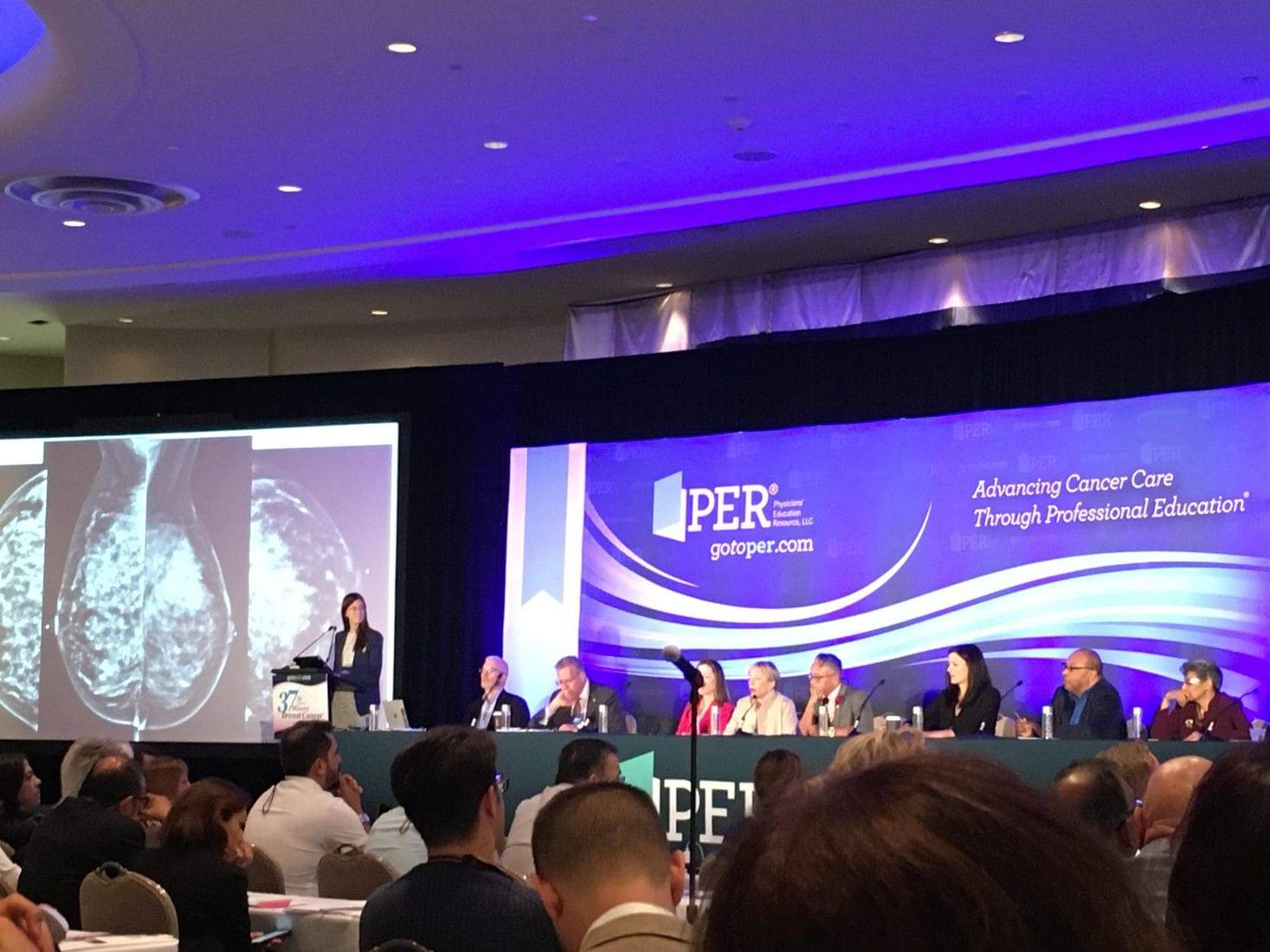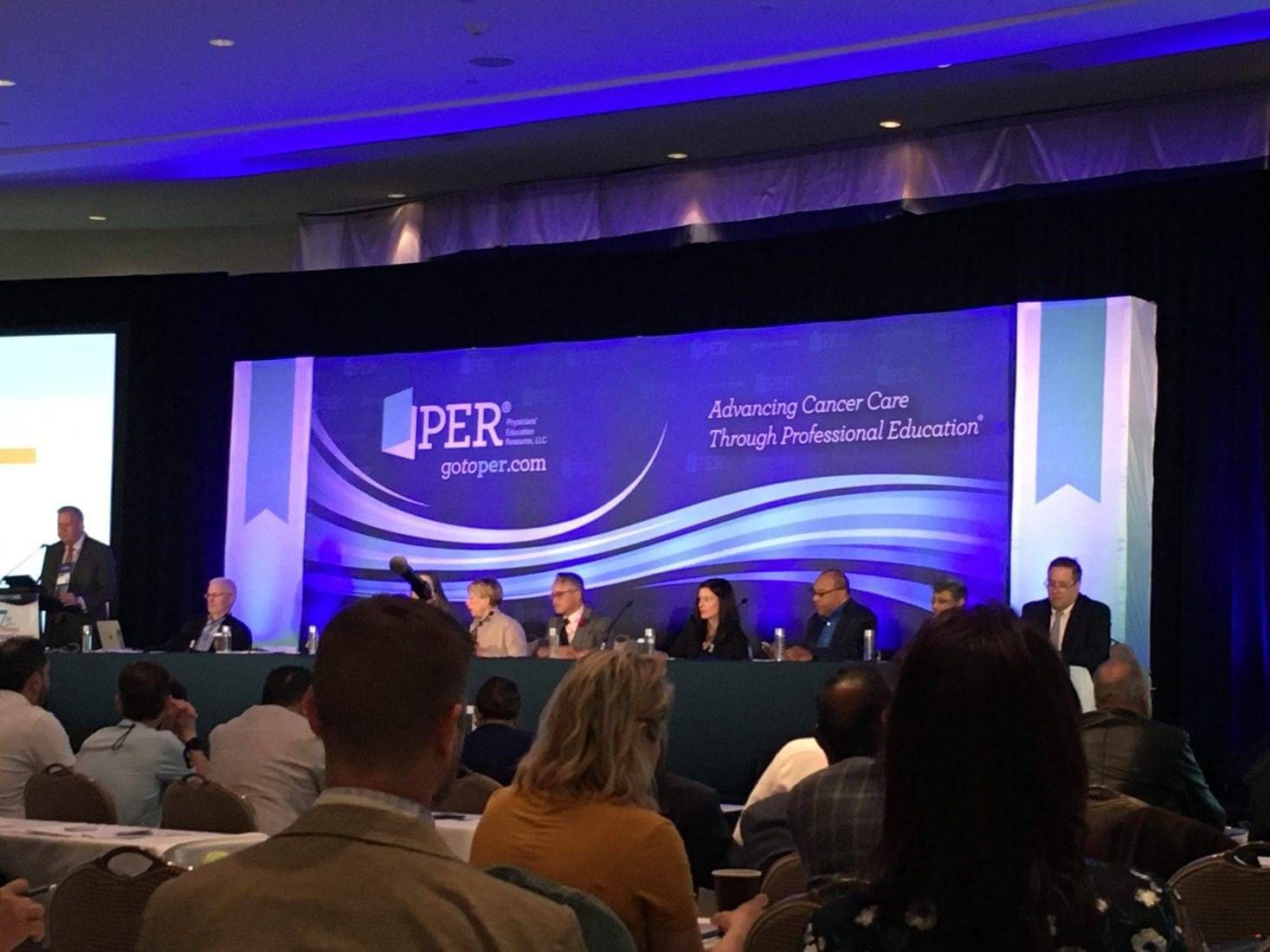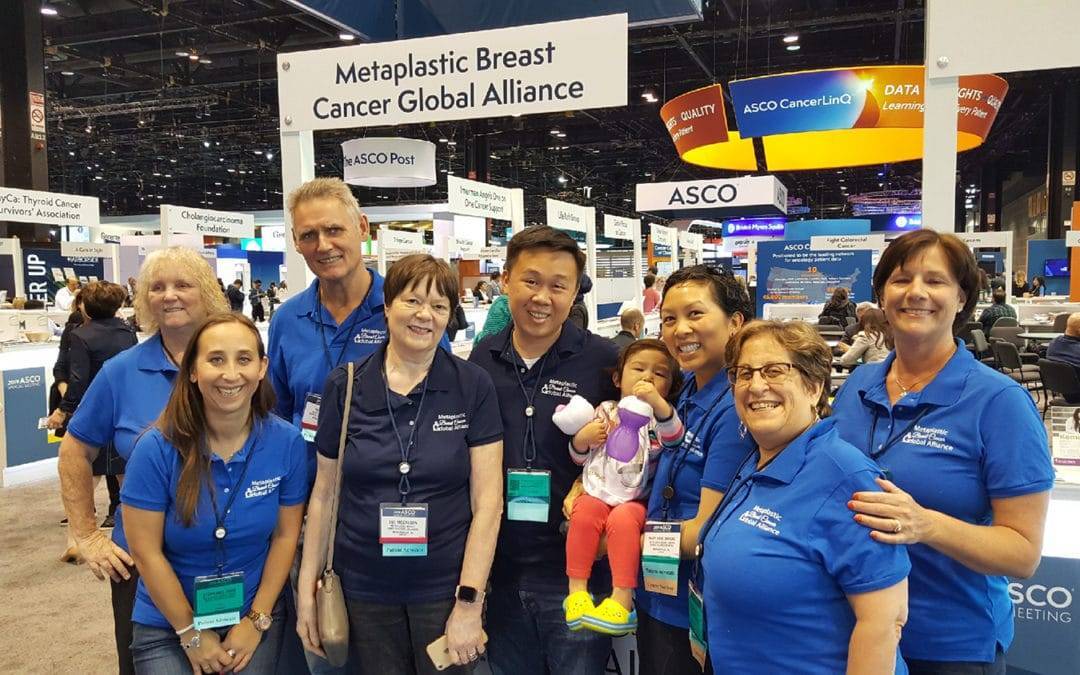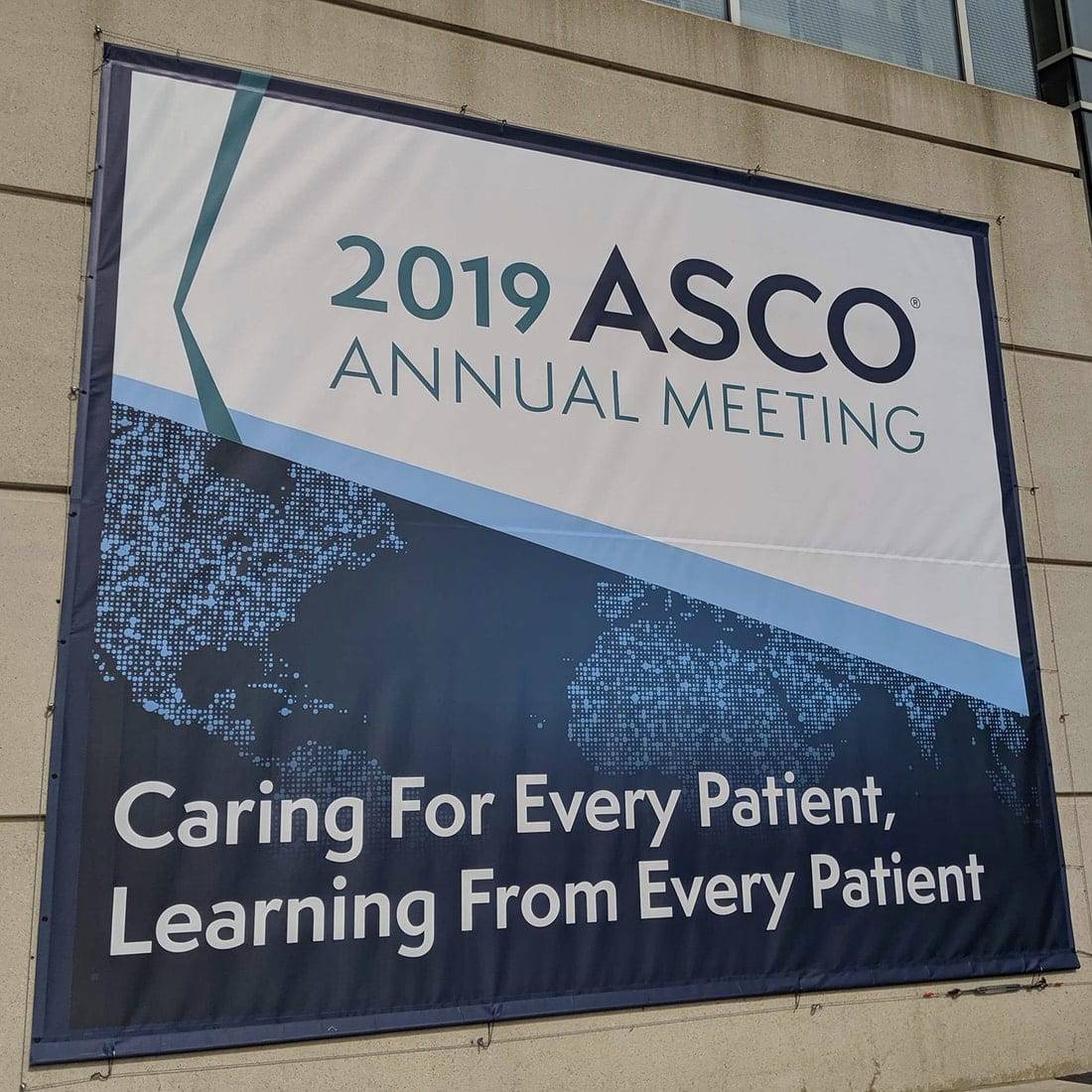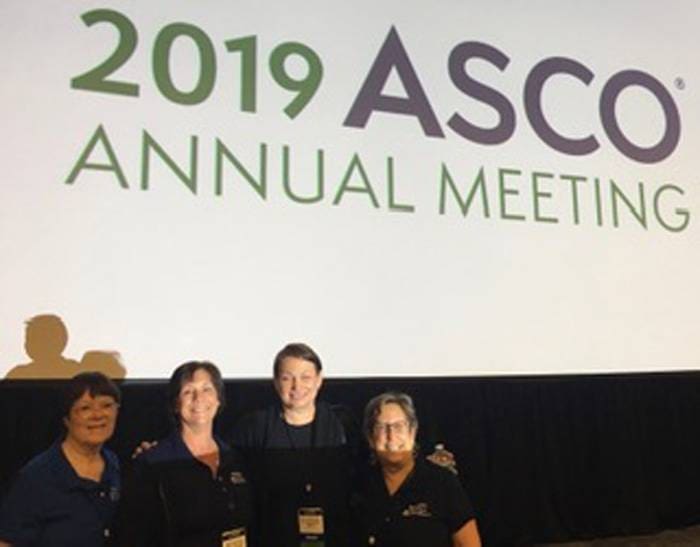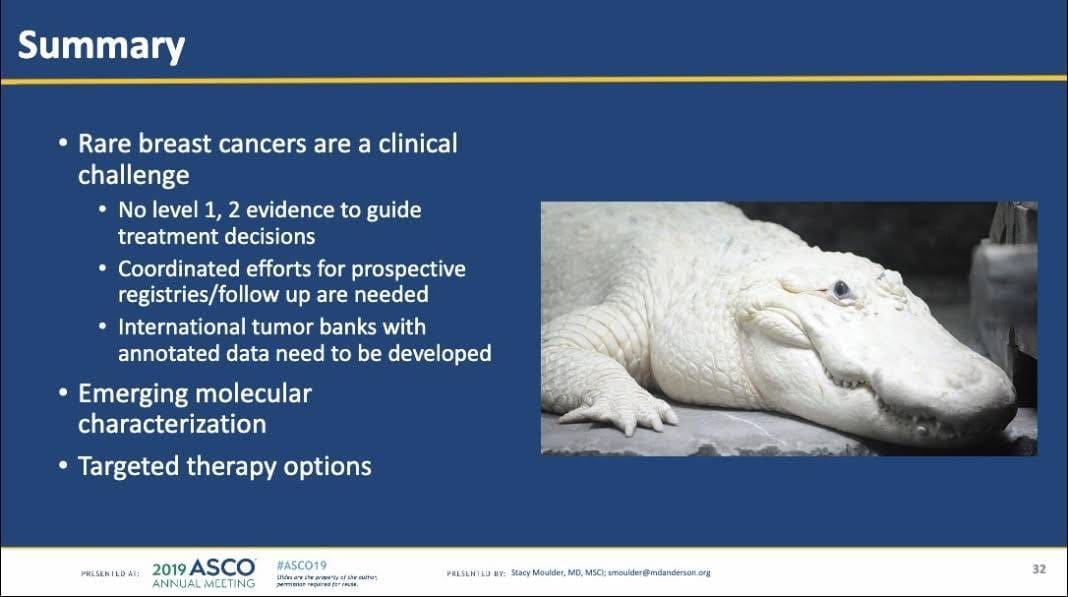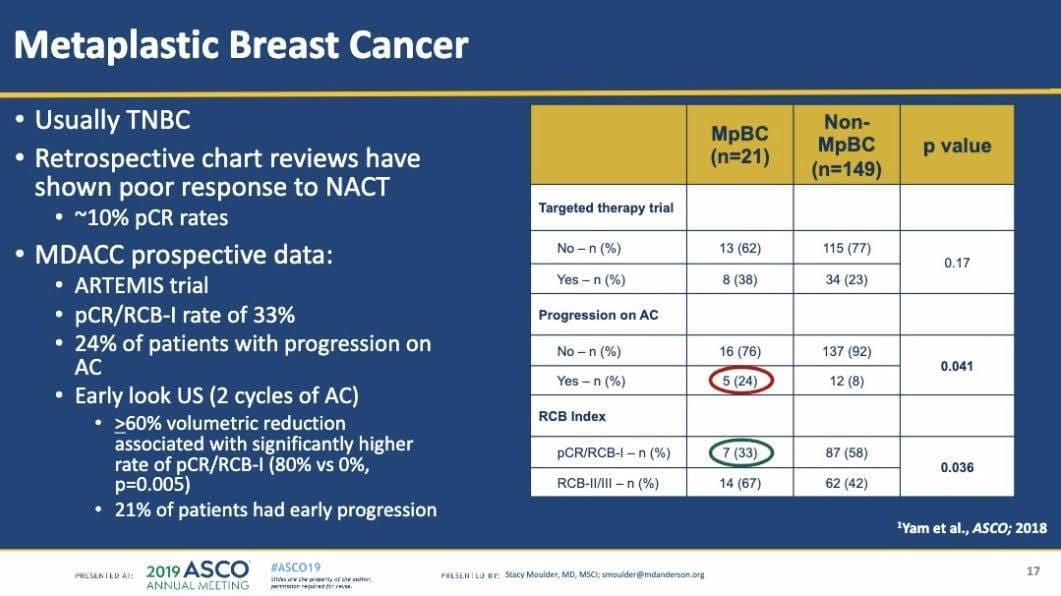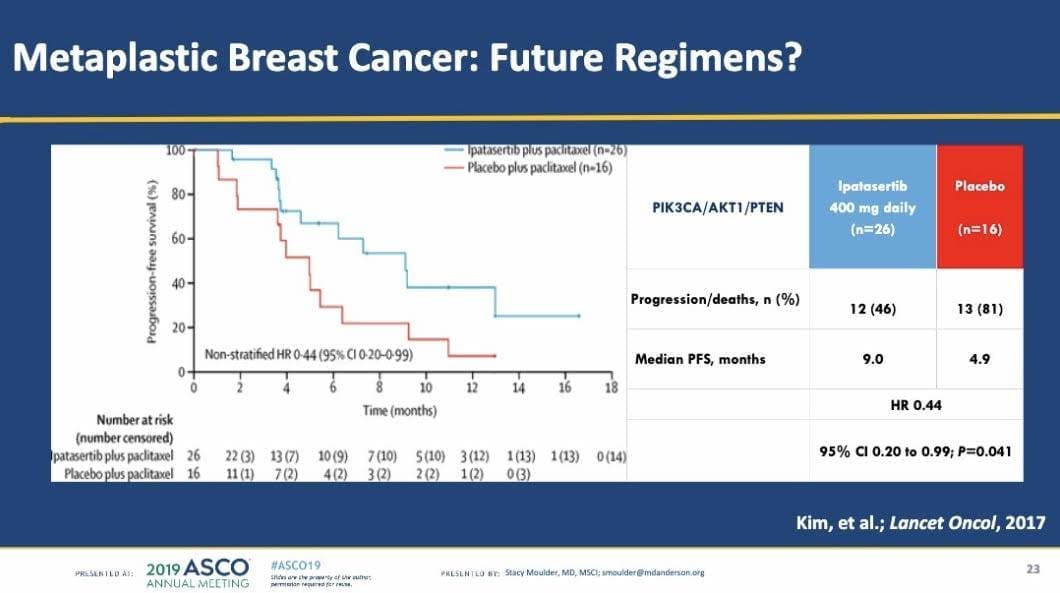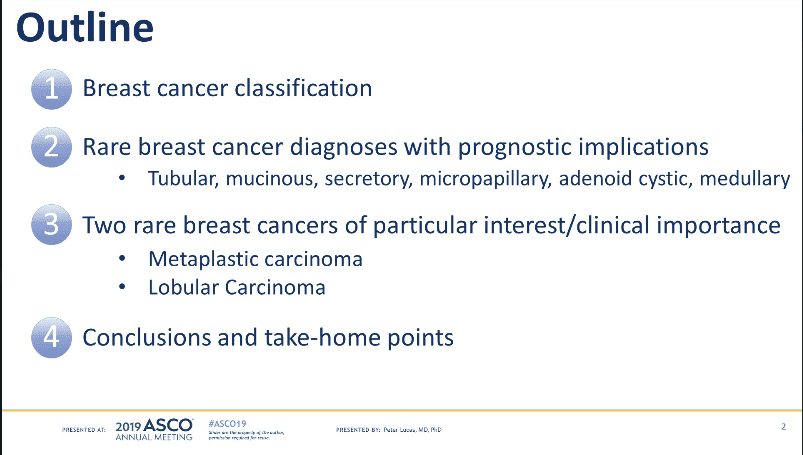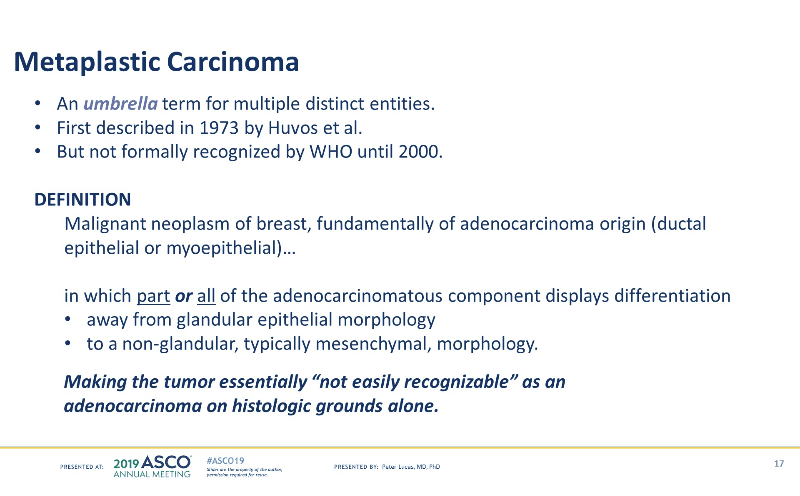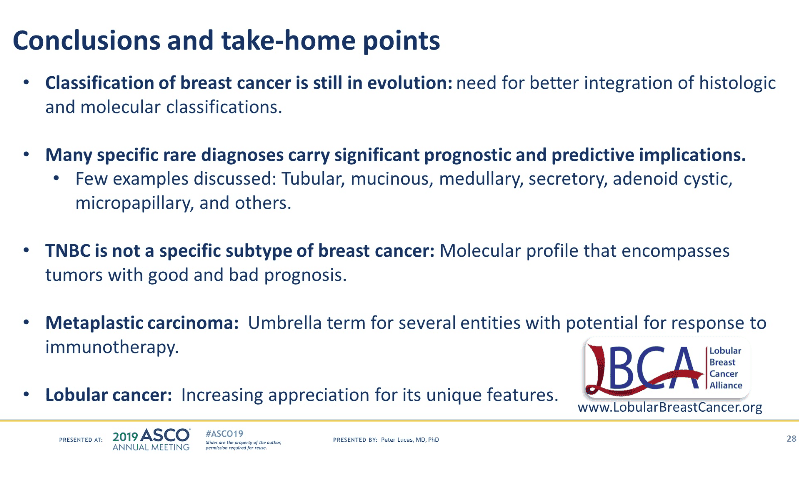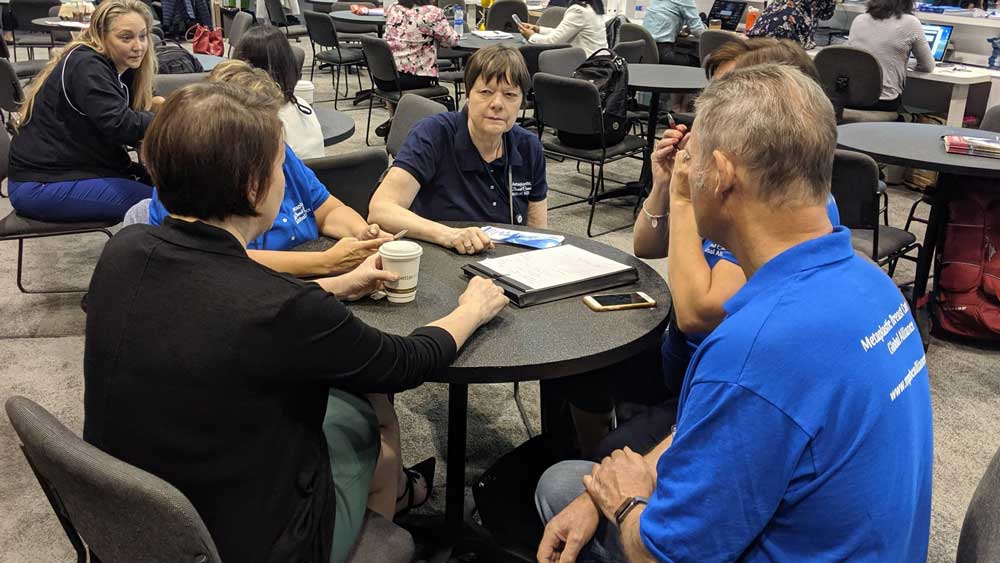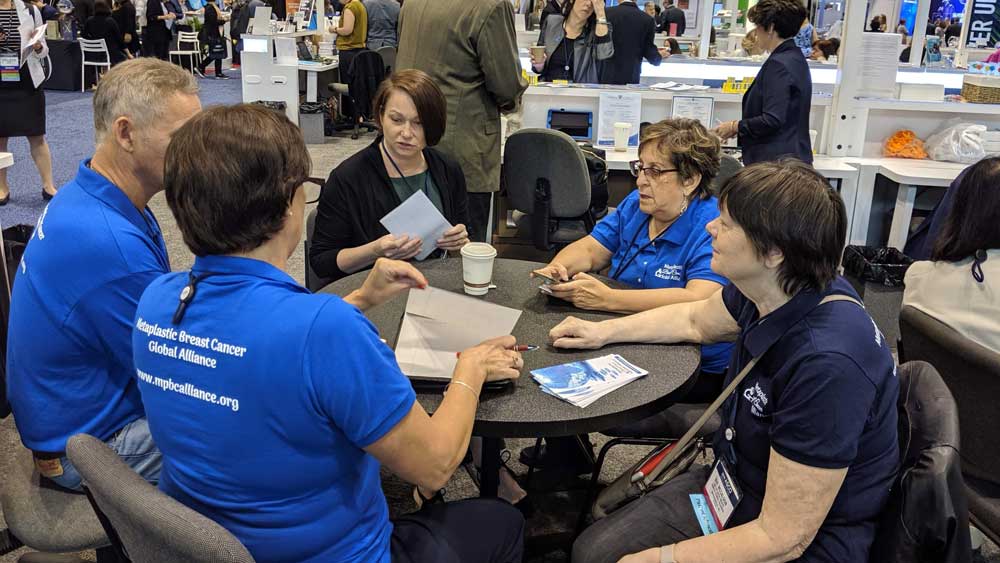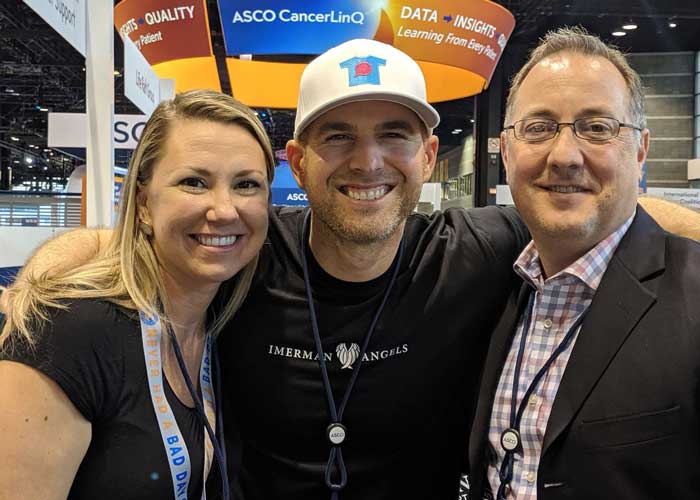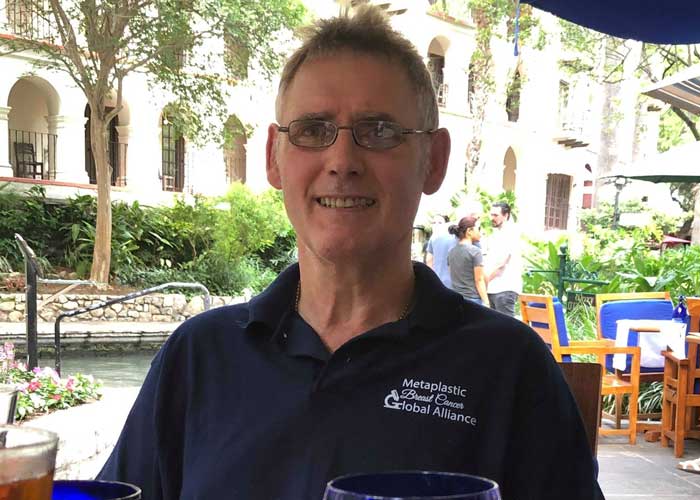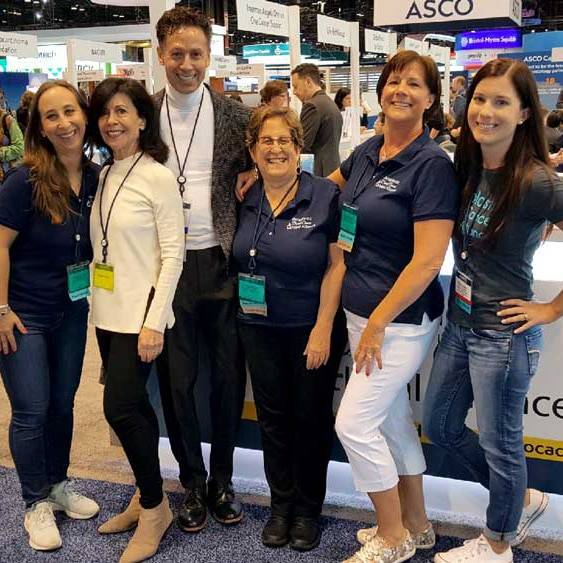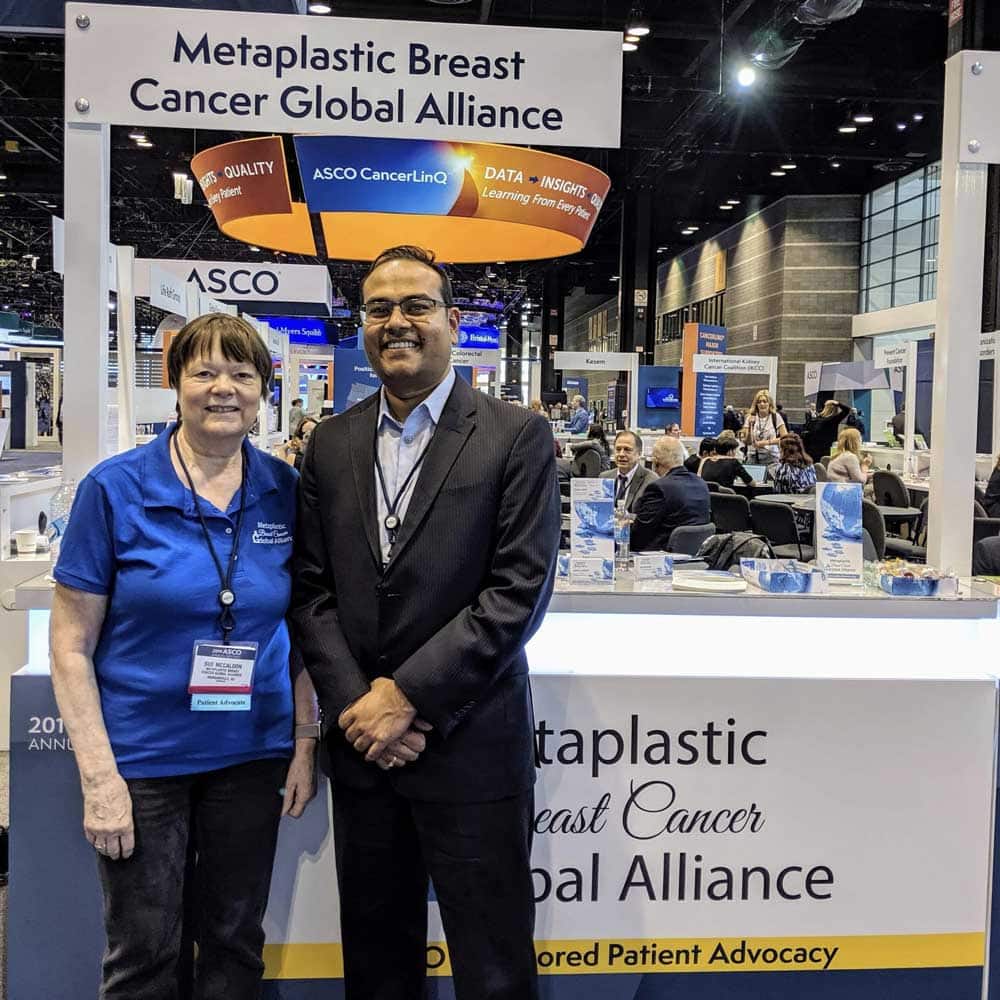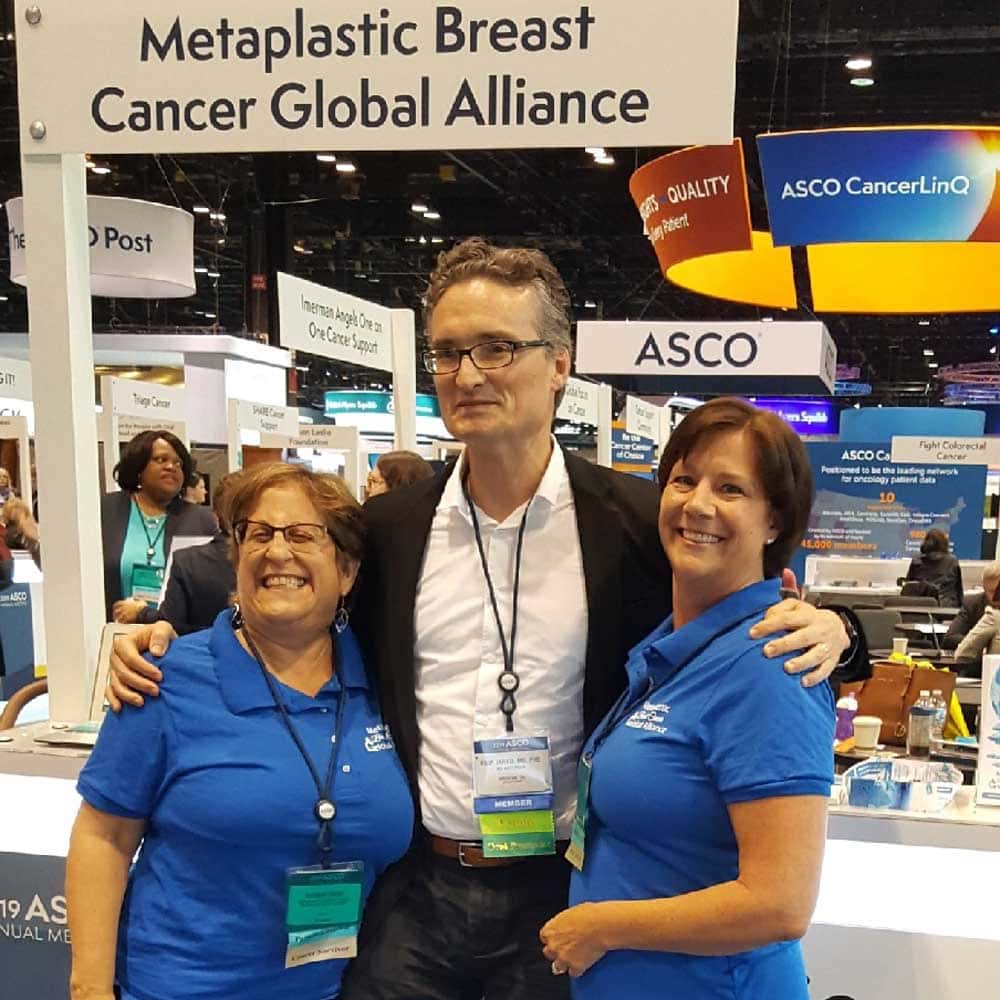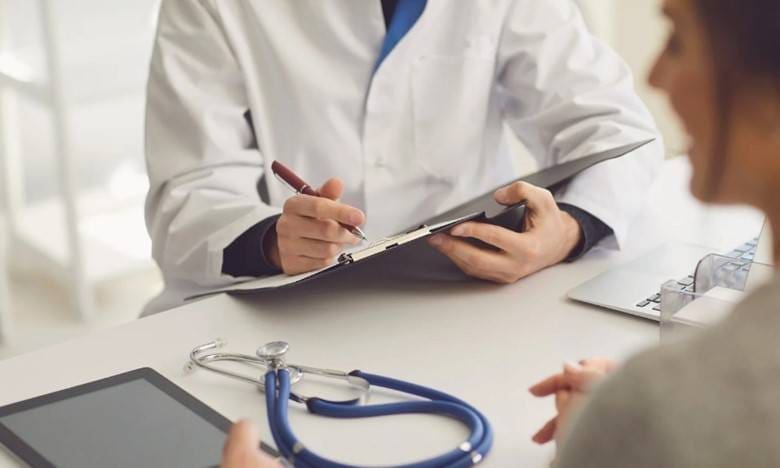
It’s Okay to Get a Second Opinion

It’s ok to get a second opinion (and a third and a fourth)
As a Metaplastic Breast Cancer (MpBC) patient, your diagnosis and path forward may not always be clear. It’s a disease that still lacks awareness and education – even among oncologists. If you’re not feeling confident with the information that you’re receiving from your care team or simply want another expert to confirm you’re on the best path, you should have complete confidence in getting a second opinion.
An article by Yale Medicine states, “Patients should seek another opinion if they feel uncomfortable with their initial team, if they have a rare cancer that another doctor may have more expertise with, or if they are confused about their diagnosis or treatment options.”
“When my mom’s oncologist started rolling her eyes when I brought up Metaplastic Breast Cancer, I knew it was time for a second opinion,” said Jessica Brooke, daughter, and advocate of a MpBC patient. “I took my mom to five leading cancer hospitals. The doctors I trusted embraced collaboration, welcomed questions, and treated my mom like a whole person instead of a diagnosis.”
Below are second-opinion tips from the Patient Advocate Foundation and the Mayo Clinic that resonate with us:
Be Clear What You’re Looking For From a Second Opinion
Do you need confirmation that your current treatment recommendation is correct for you? Or are you looking for other options? Are you interested in clinical trials? As you work with any new doctor, explain why you’re seeking a second opinion, and communicate your primary needs for the visit.
Feel Empowered and Take Control
By seeking a second opinion, you will naturally become more informed about all of your available treatment options and even have a better sense of the possible side effects of each. Many patients say that learning more about their condition and treatment helps them feel more in control of their health and ensures they make the best decisions.
Find a Doctor You Really Like
Most doctors understand that patients have the right to a second opinion and often encourage it. You are under no obligation to be treated by the first doctors you see. When meeting with a new doctor, pay attention to the nurses, office staff, and environment to ensure you choose the best team for your treatment. You can find a list of doctors who work with Metaplastic Breast Cancer patients here.
Discover Alternate Treatment Options
Not all hospitals and doctors have access to the same treatment options. A second opinion could lead you to a more advanced treatment or one tailored to your needs.
Have No Fear
If a doctor is insulted by your choice to get another opinion or pressures you in any way, they may not be the best choice. Adding emotional stress between doctors and patients has been shown to keep patients from healing as fast as possible.
And here are a few pieces of second-opinion advice from our MpBC Community:
- “Absolutely, get a second opinion. My first doctor told me I had six months to live. That was in 2004. I got a second opinion, which truly saved my life,” Ann M.
- “Ask if your hospital has multidisciplinary tumor boards and confirm that your doctor participates. These expert groups review a patient’s records and discuss a diagnosis and treatment plan. Ask that your case be presented and request that your doctor brief you on the discussion the tumor board had about your case,” Jenna P.
- “Medicine is indeed a “practice,” and I wanted as many professional perspectives as possible to make informed decisions. I also felt like expanding my care team could only benefit me and provide exposure to more resources and opportunities,” Carolyn J.
- “I got three opinions and wound up feeling the most confident about the third one,” Bridget S.
- “I got a second opinion but ended up staying with my first doctor. The second opinion made me realize how much I trusted my first doctor,” Nicole P.
Articles cited in blog:
Should I get a second opinion? from Patient Advocate Foundation
Advice on Second Opinions from the Mayo Clinic
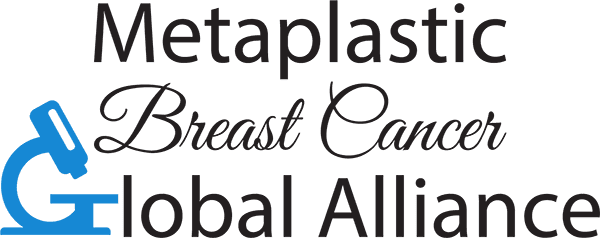
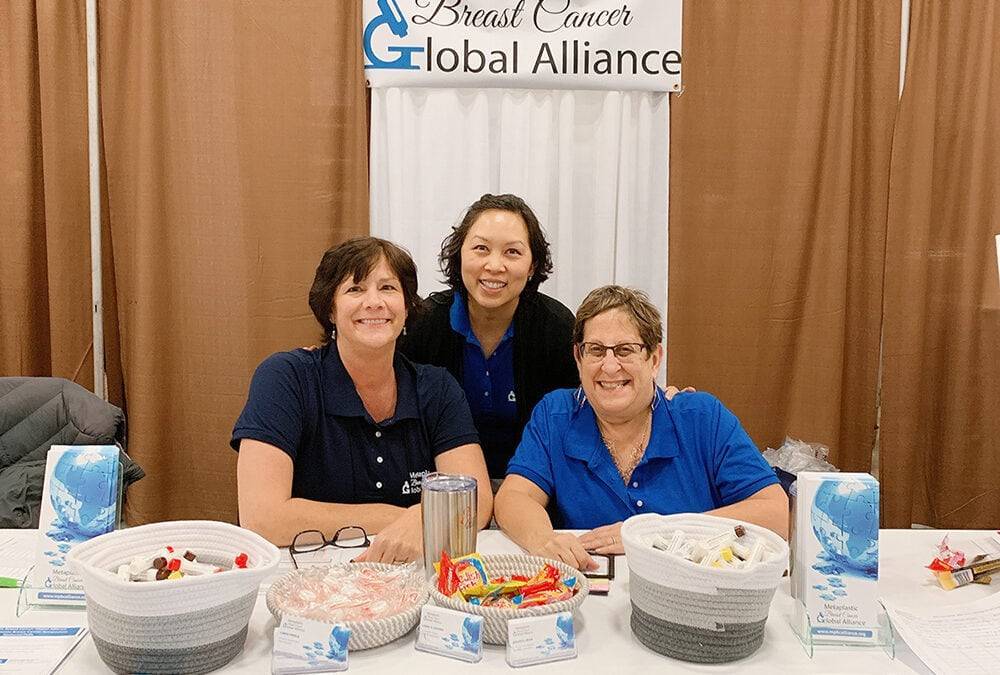
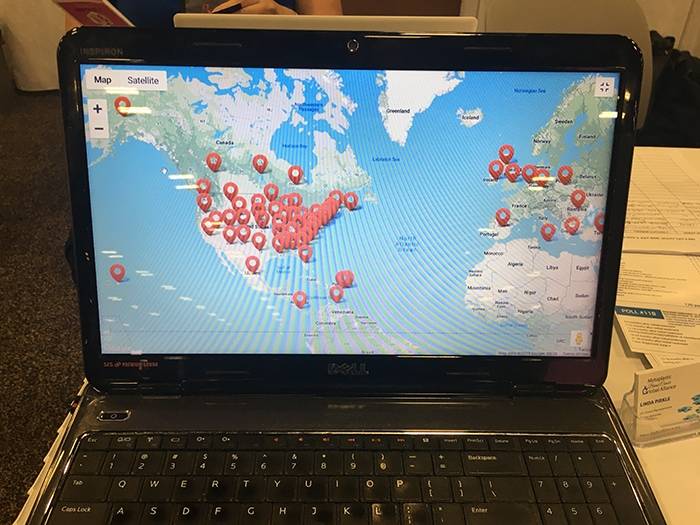
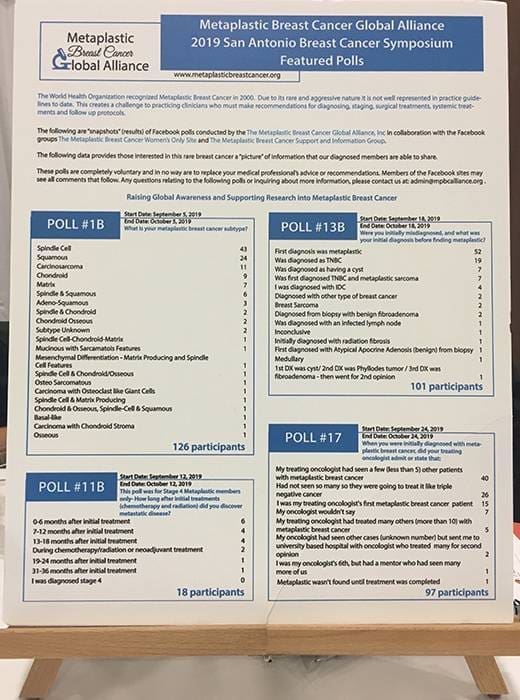
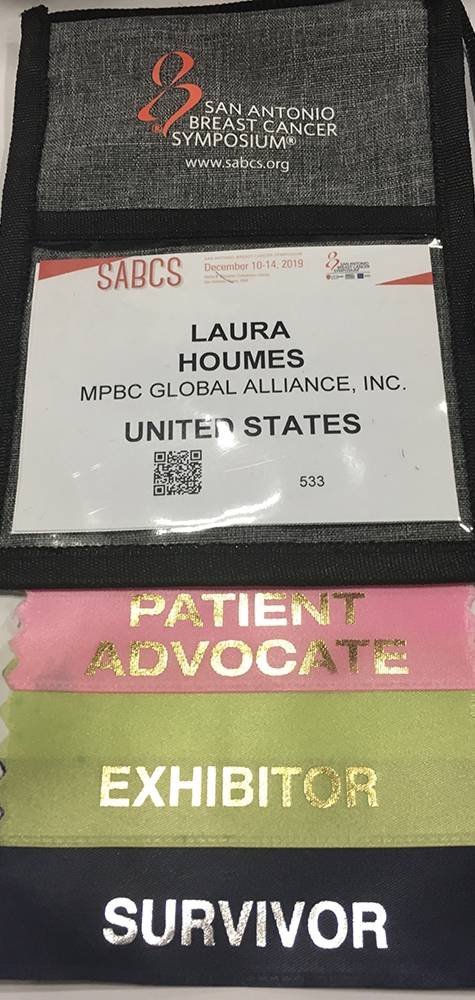
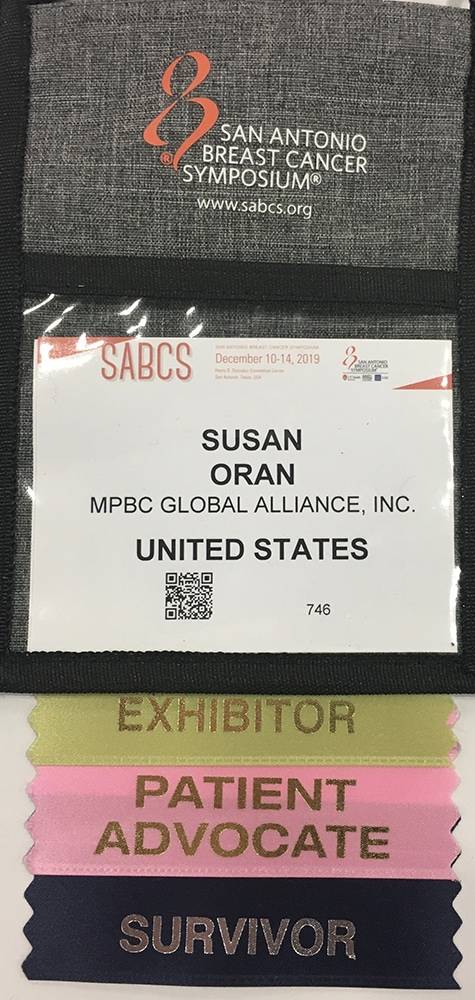
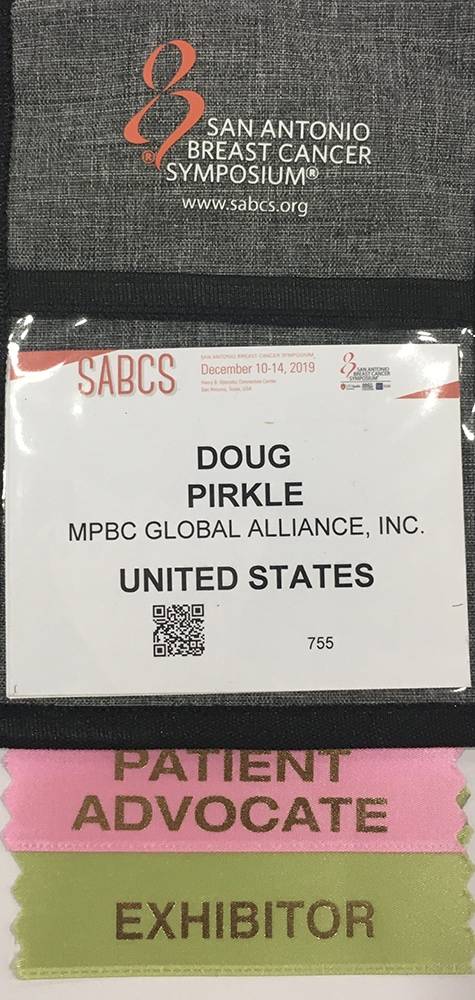
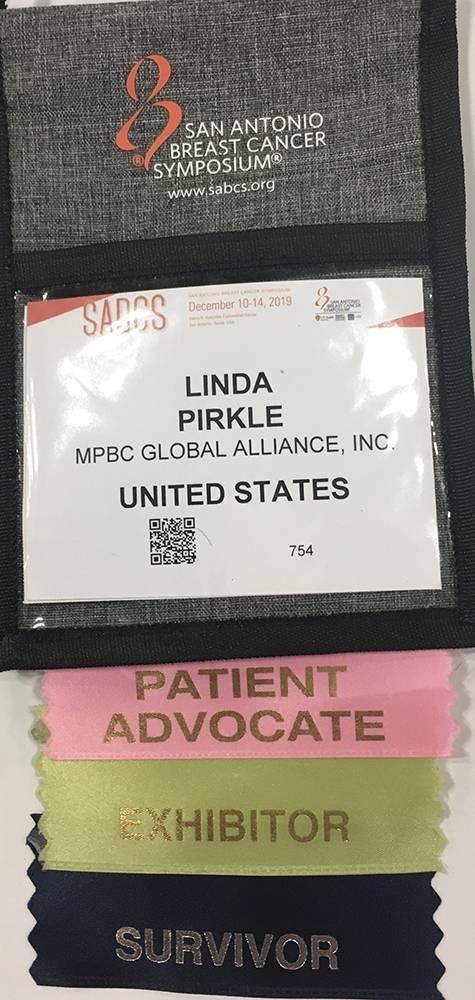
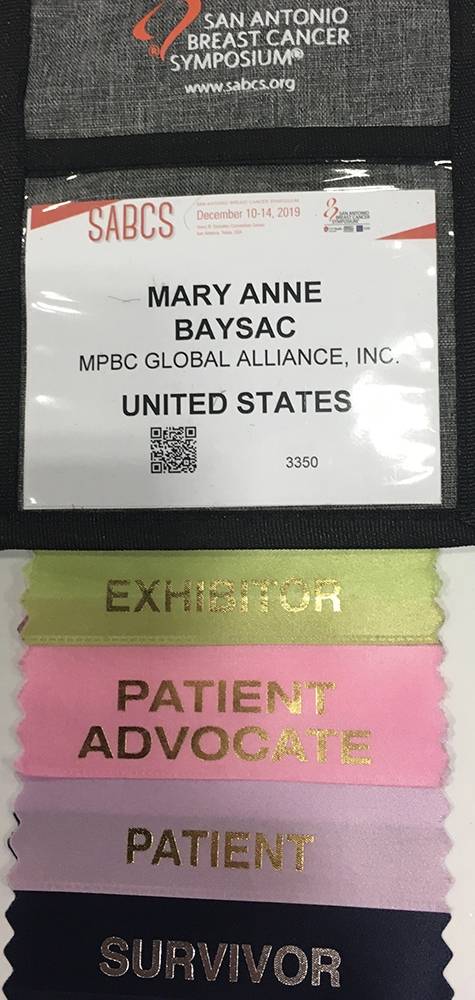
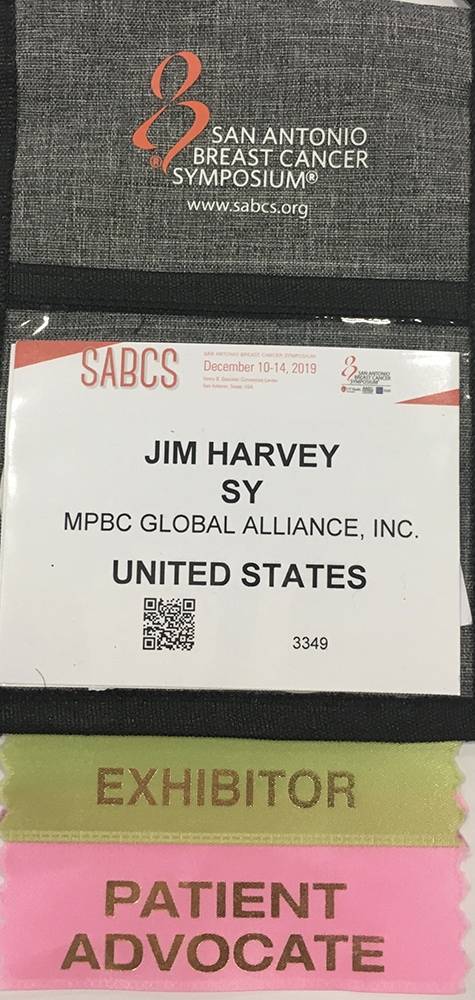
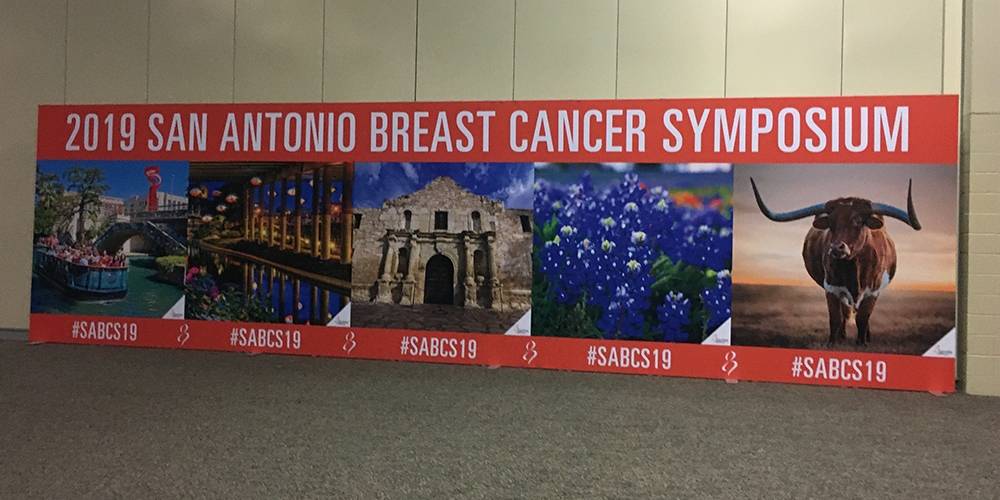
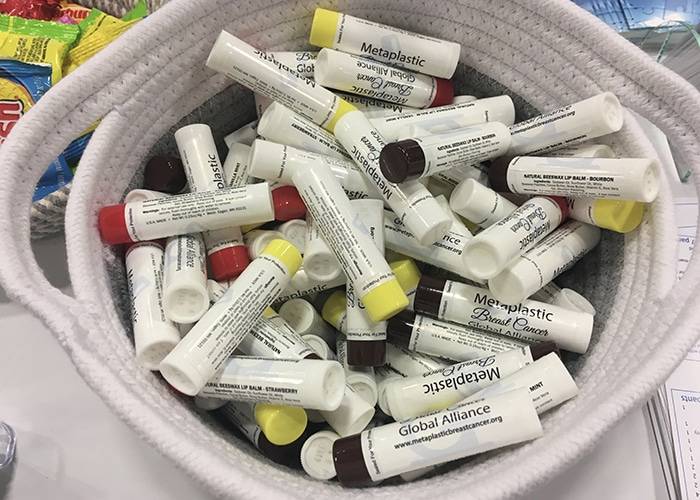
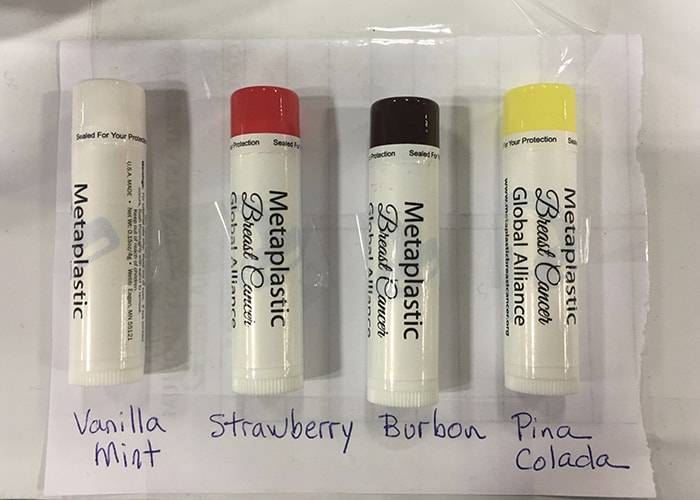
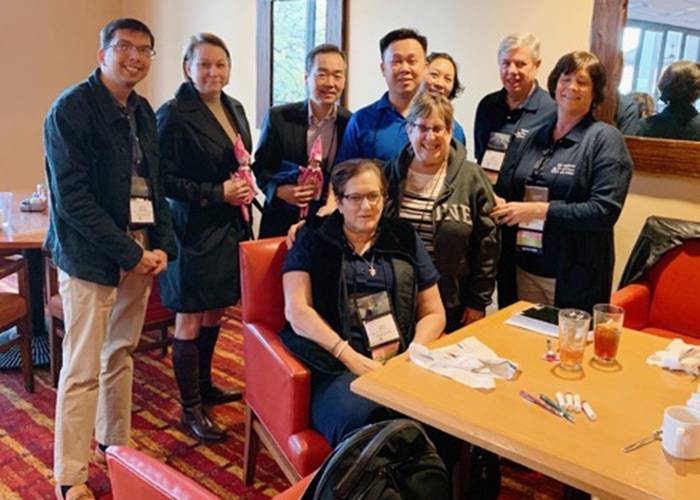
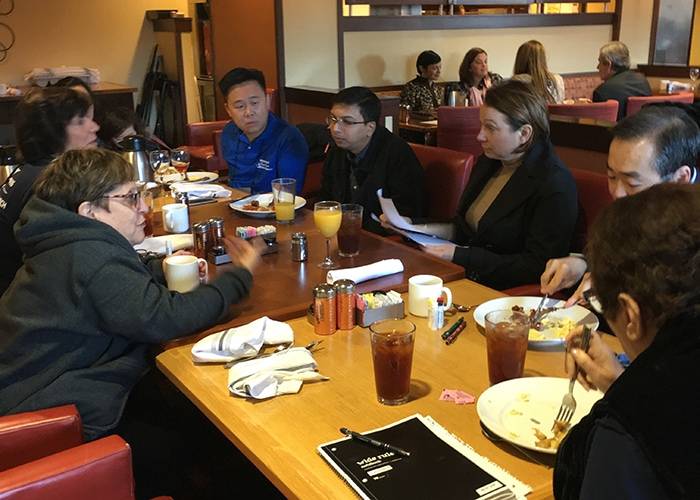


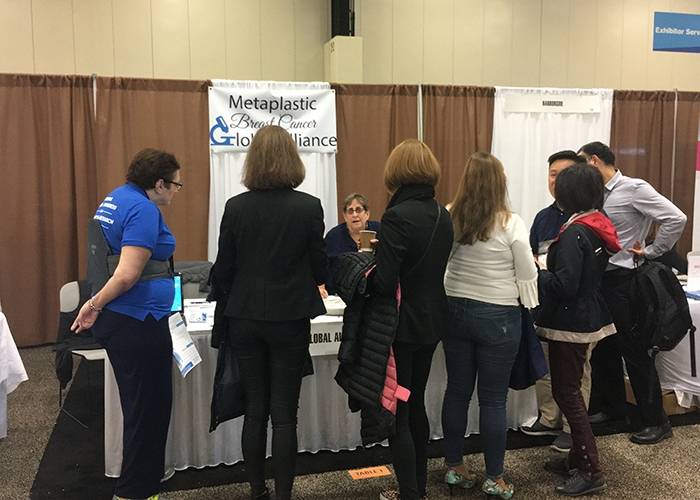
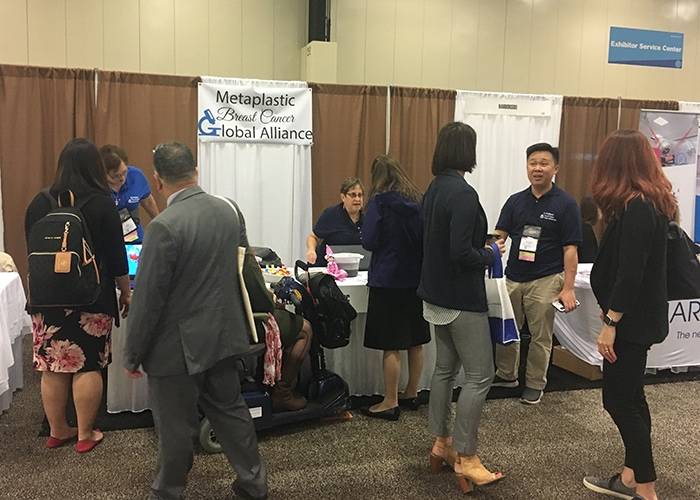
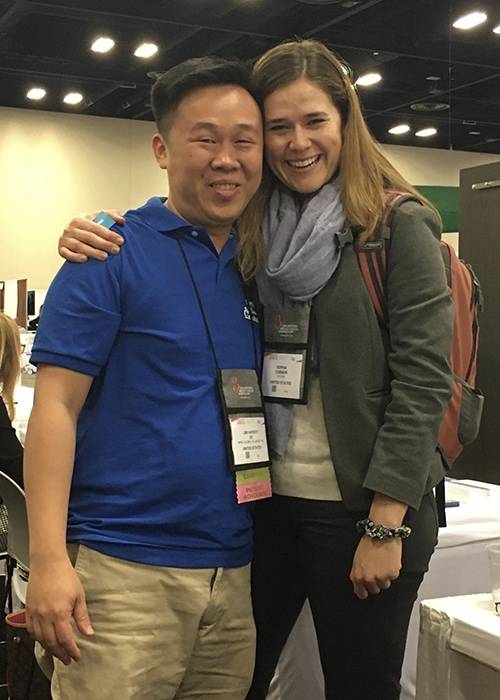
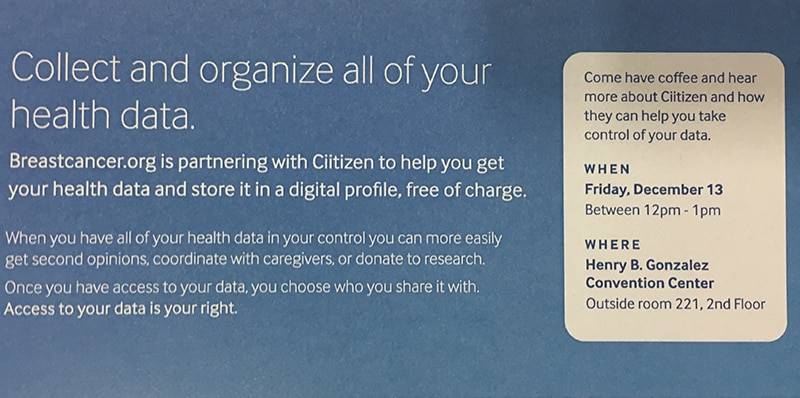

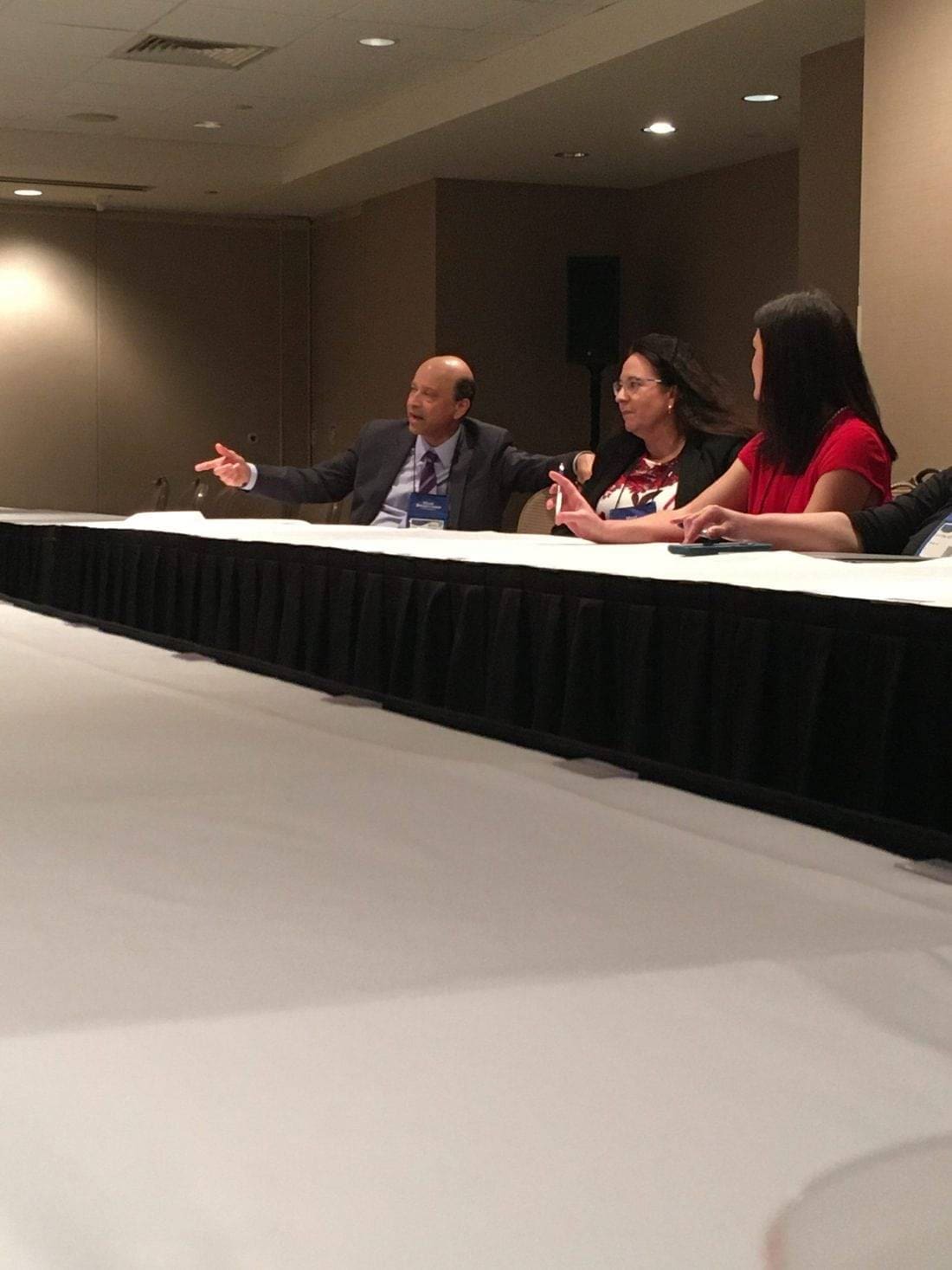
 ASCO and SABCS attract more global experts. MBCC, for now is a bit more intimate and relaxed, which allows personal interaction with the most knowledgeable experts studying and treating the most difficult breast cancer cases. At First, I was nervous to sit in on “Meet the Facility Case Discussion” sessions but by the second day I relaxed a bit more and listened and learned about difficult cases that treating oncologist are being challenged with.
ASCO and SABCS attract more global experts. MBCC, for now is a bit more intimate and relaxed, which allows personal interaction with the most knowledgeable experts studying and treating the most difficult breast cancer cases. At First, I was nervous to sit in on “Meet the Facility Case Discussion” sessions but by the second day I relaxed a bit more and listened and learned about difficult cases that treating oncologist are being challenged with.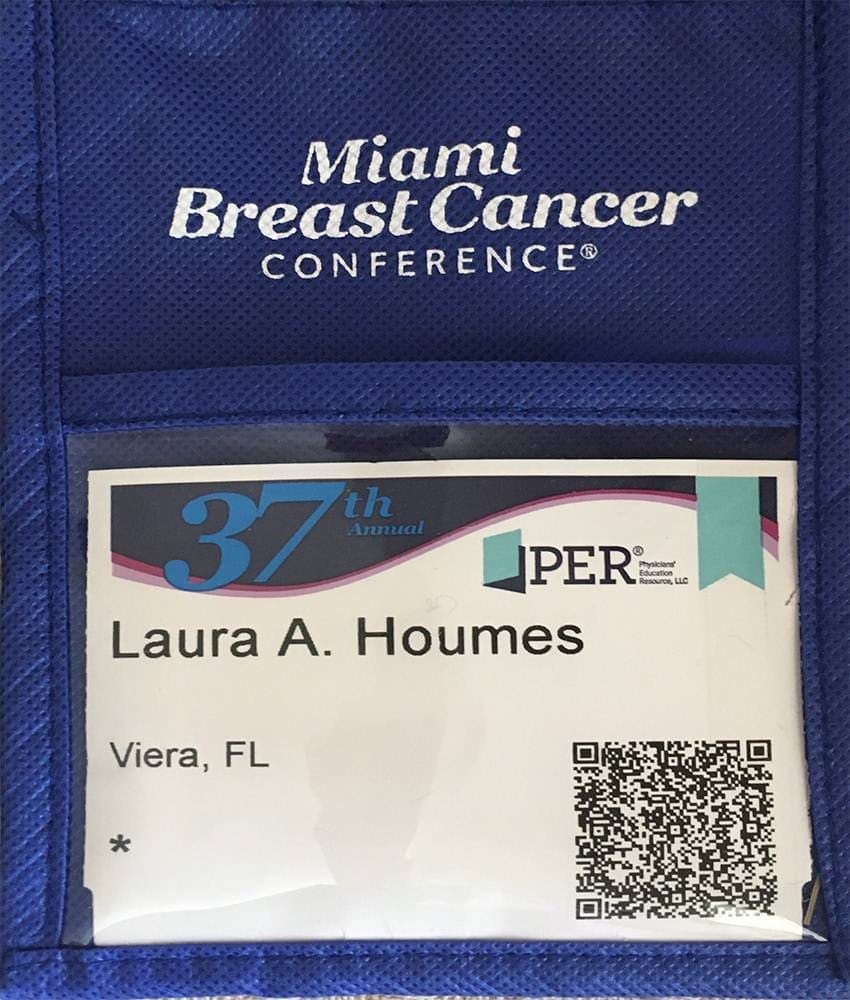 To date our Metaplastic Breast Cancer Global Alliance, Inc. has been represented at
To date our Metaplastic Breast Cancer Global Alliance, Inc. has been represented at 